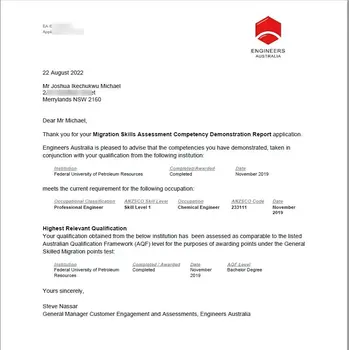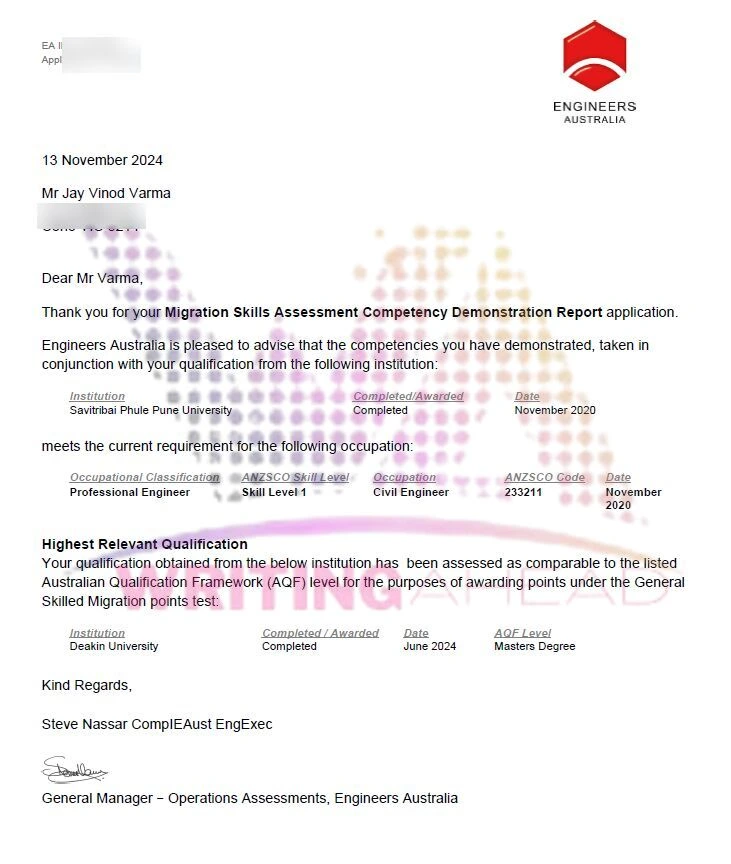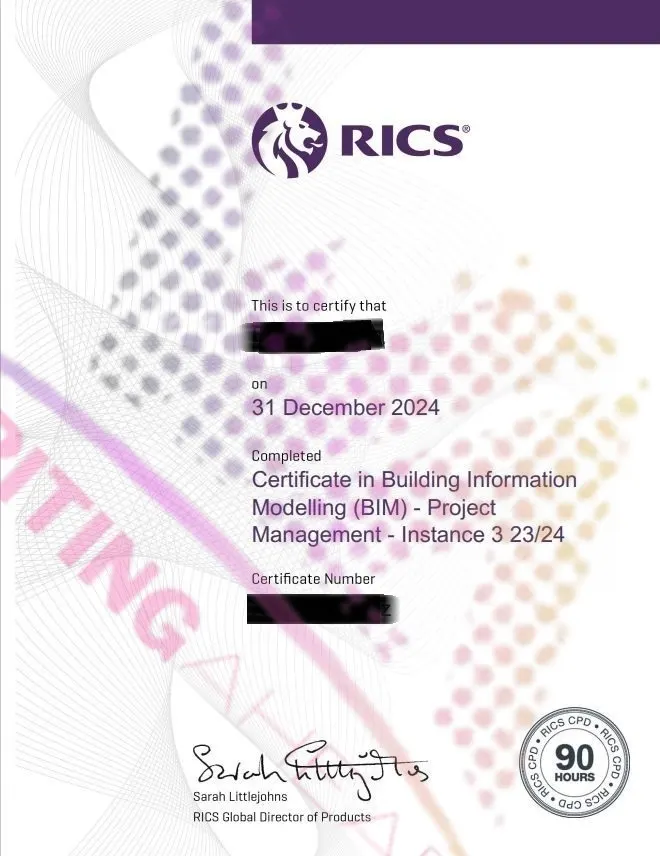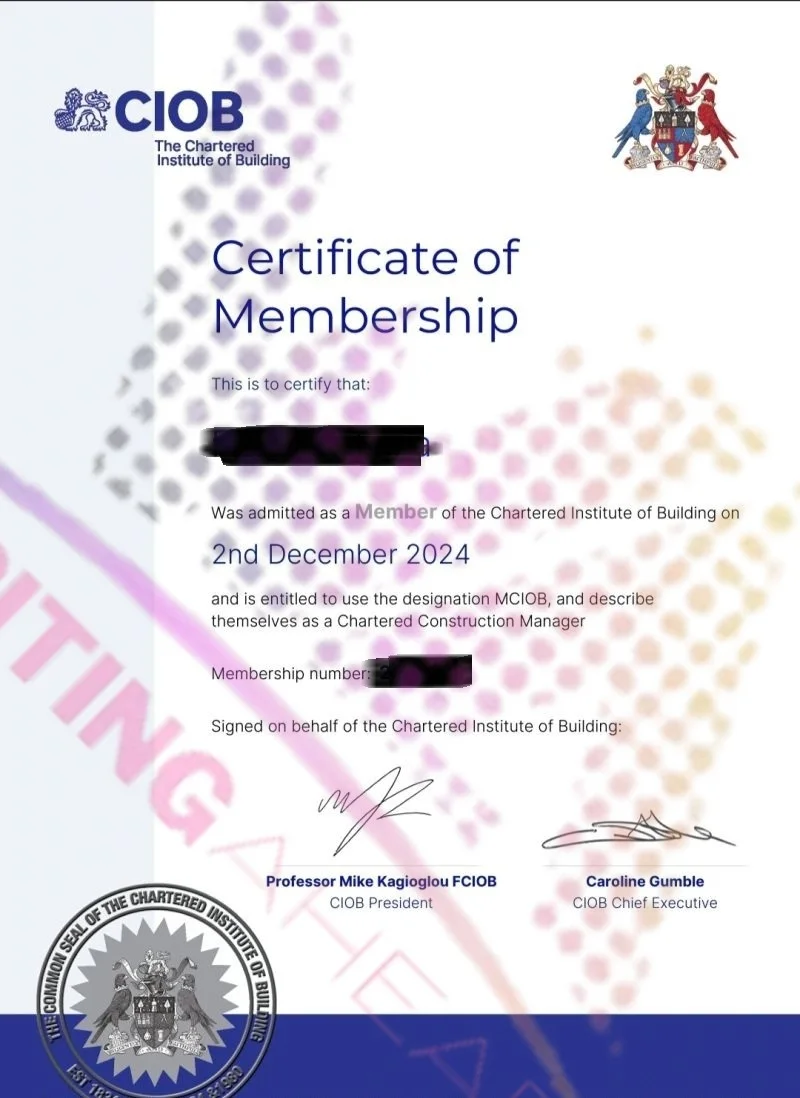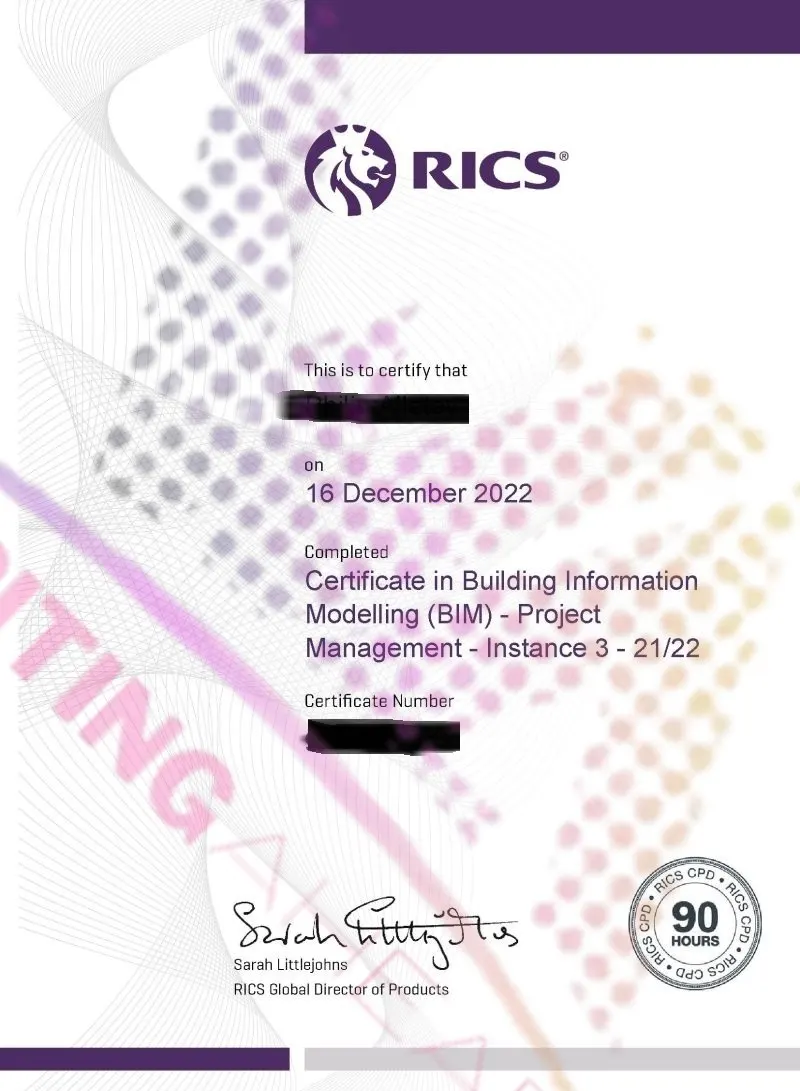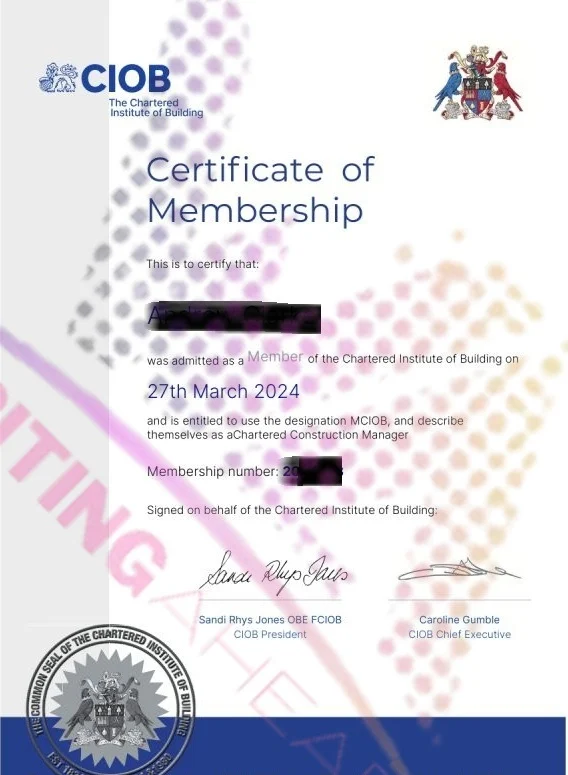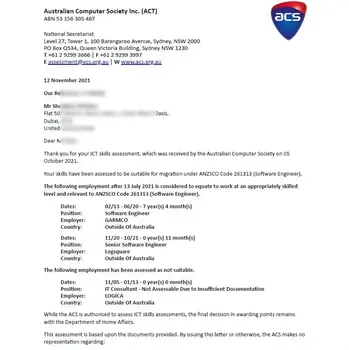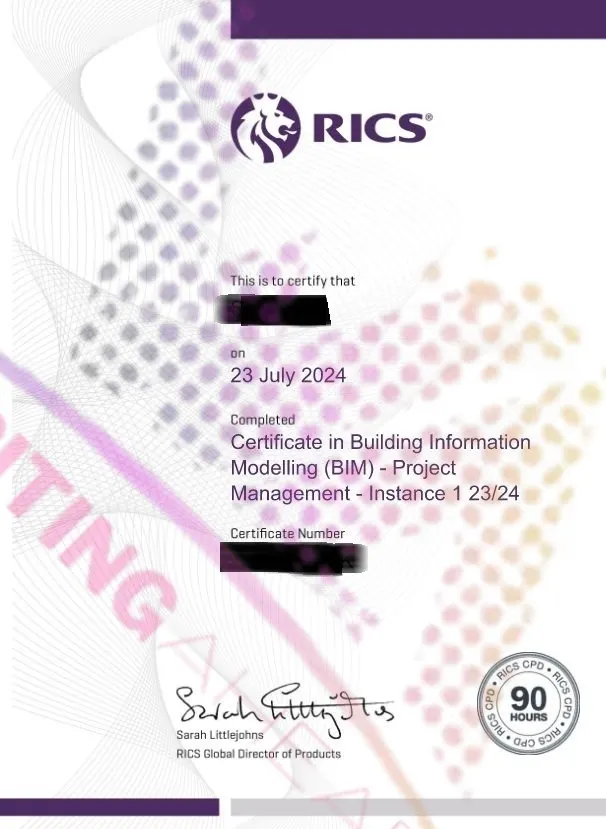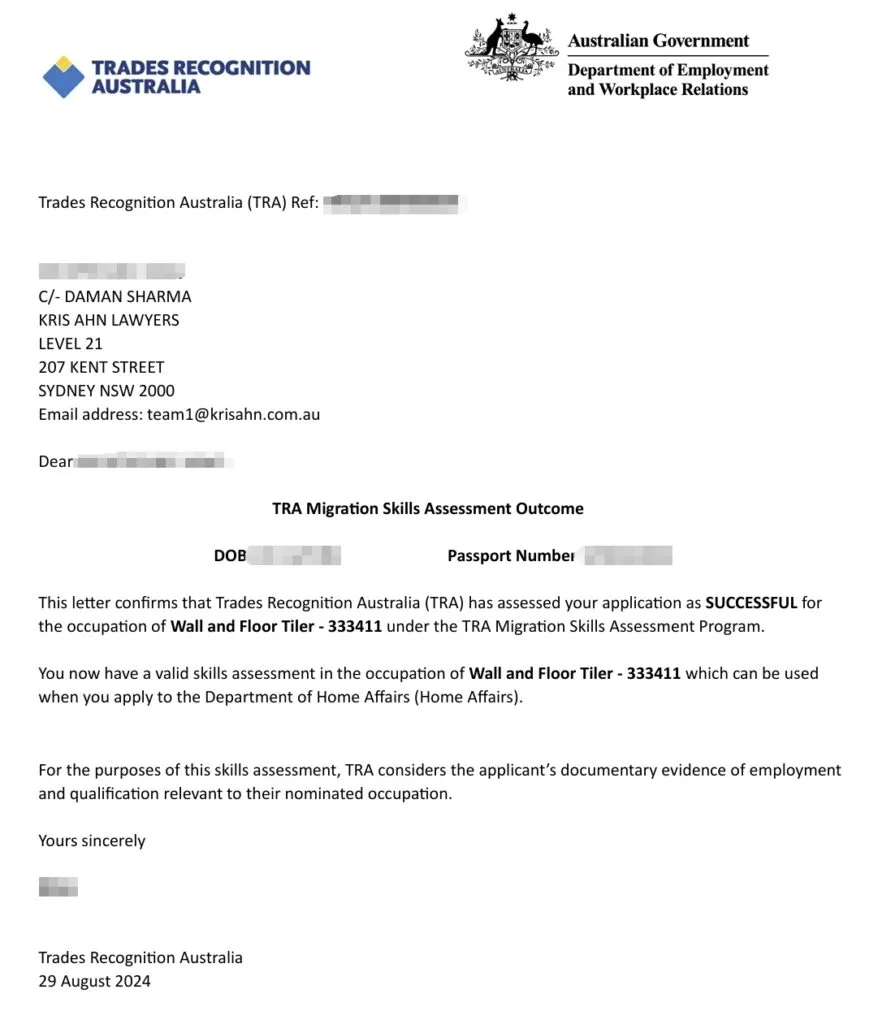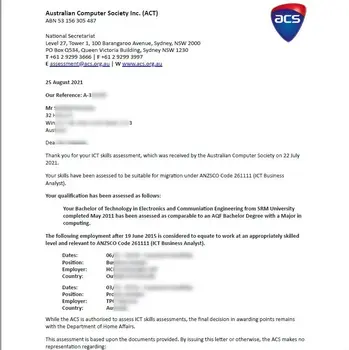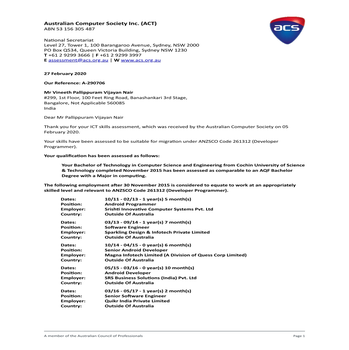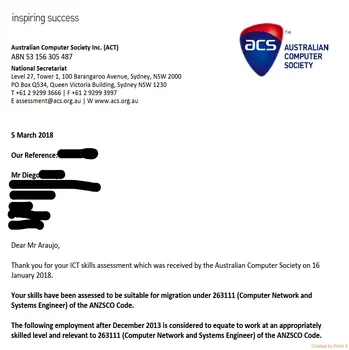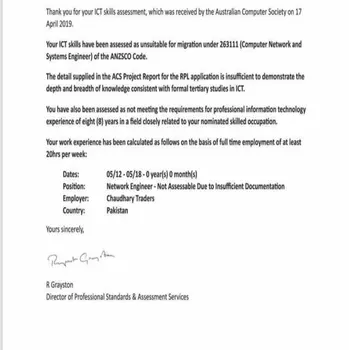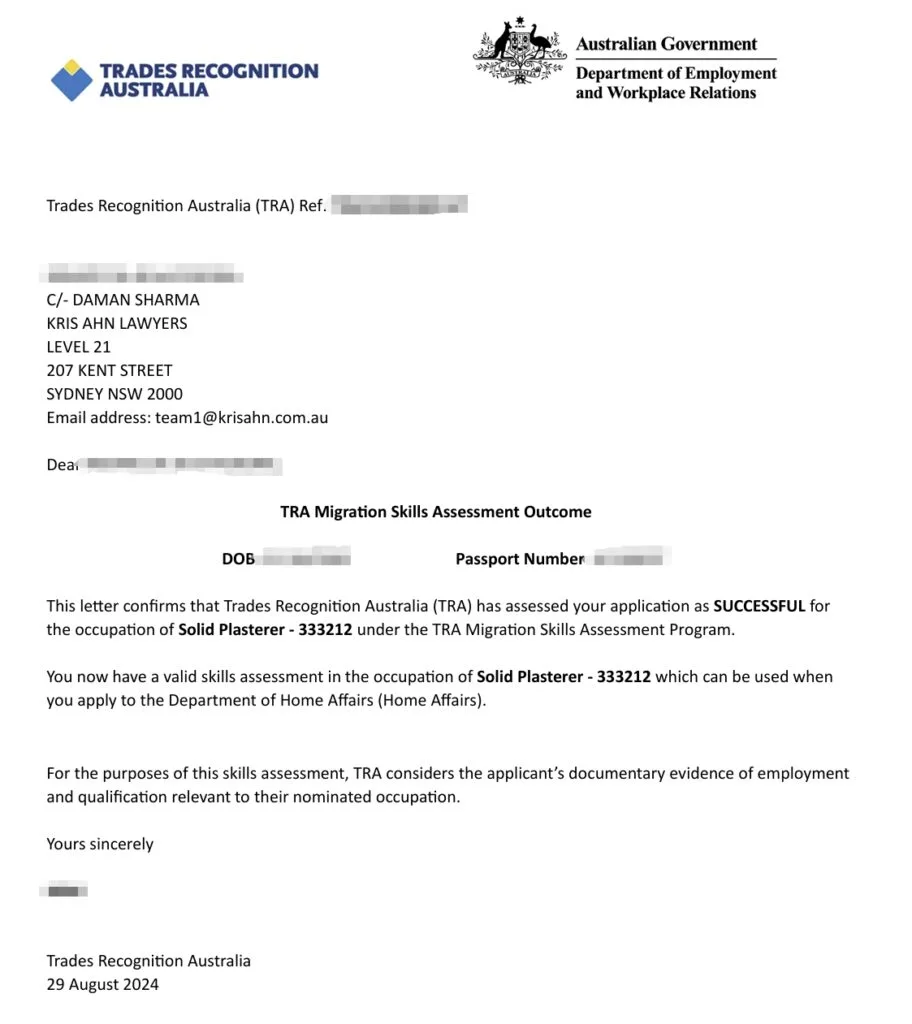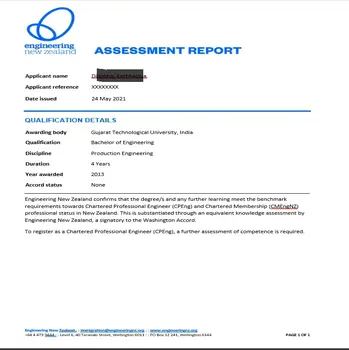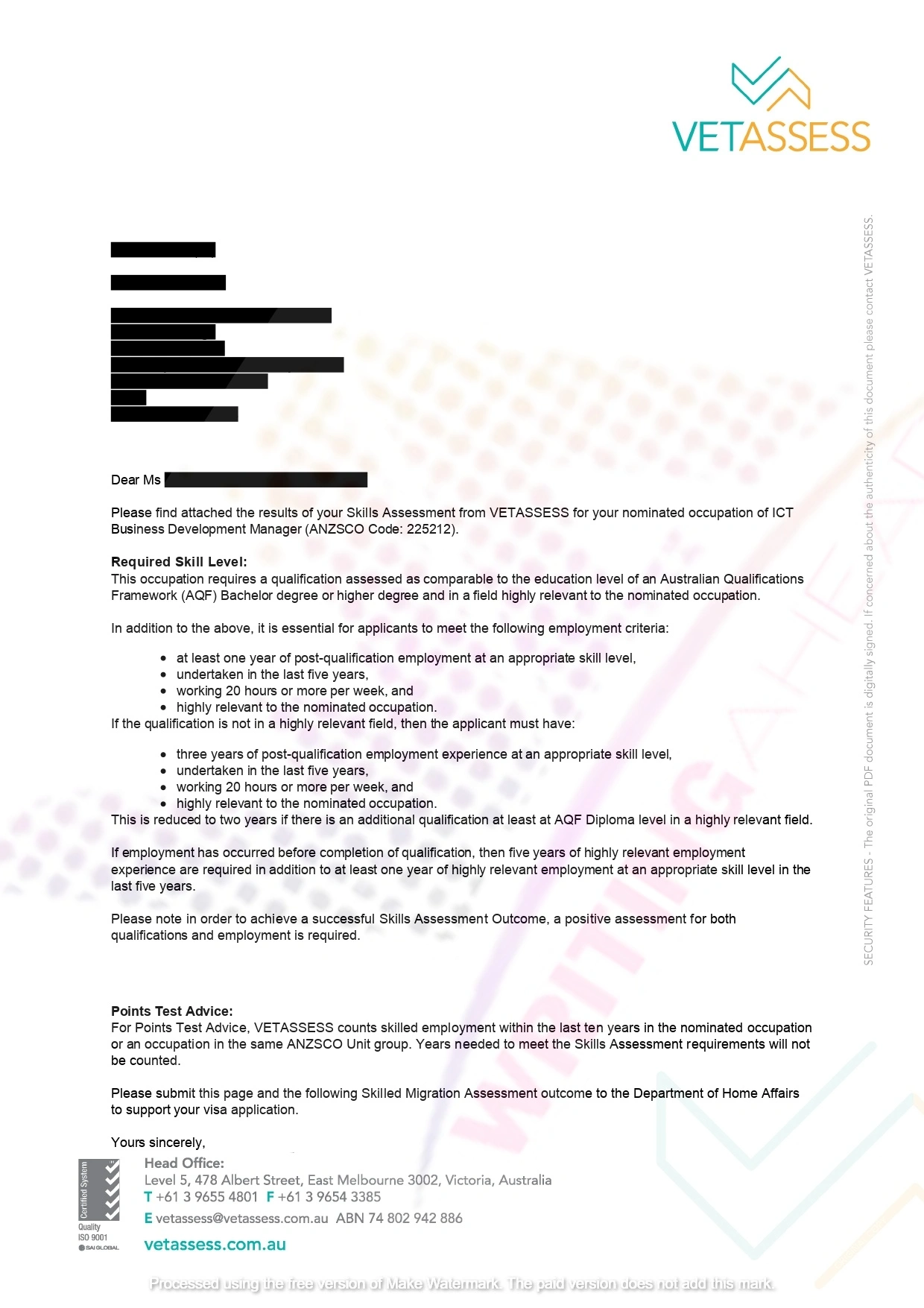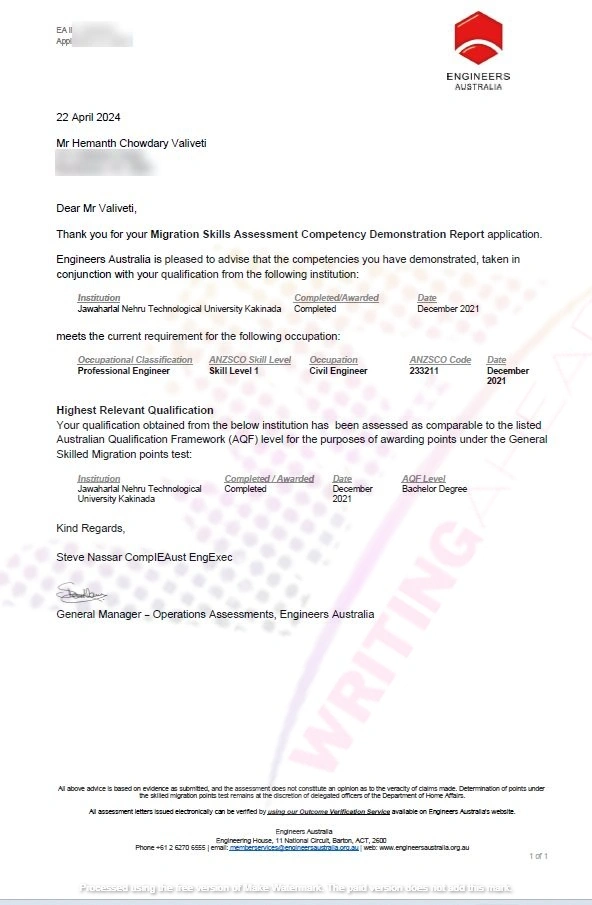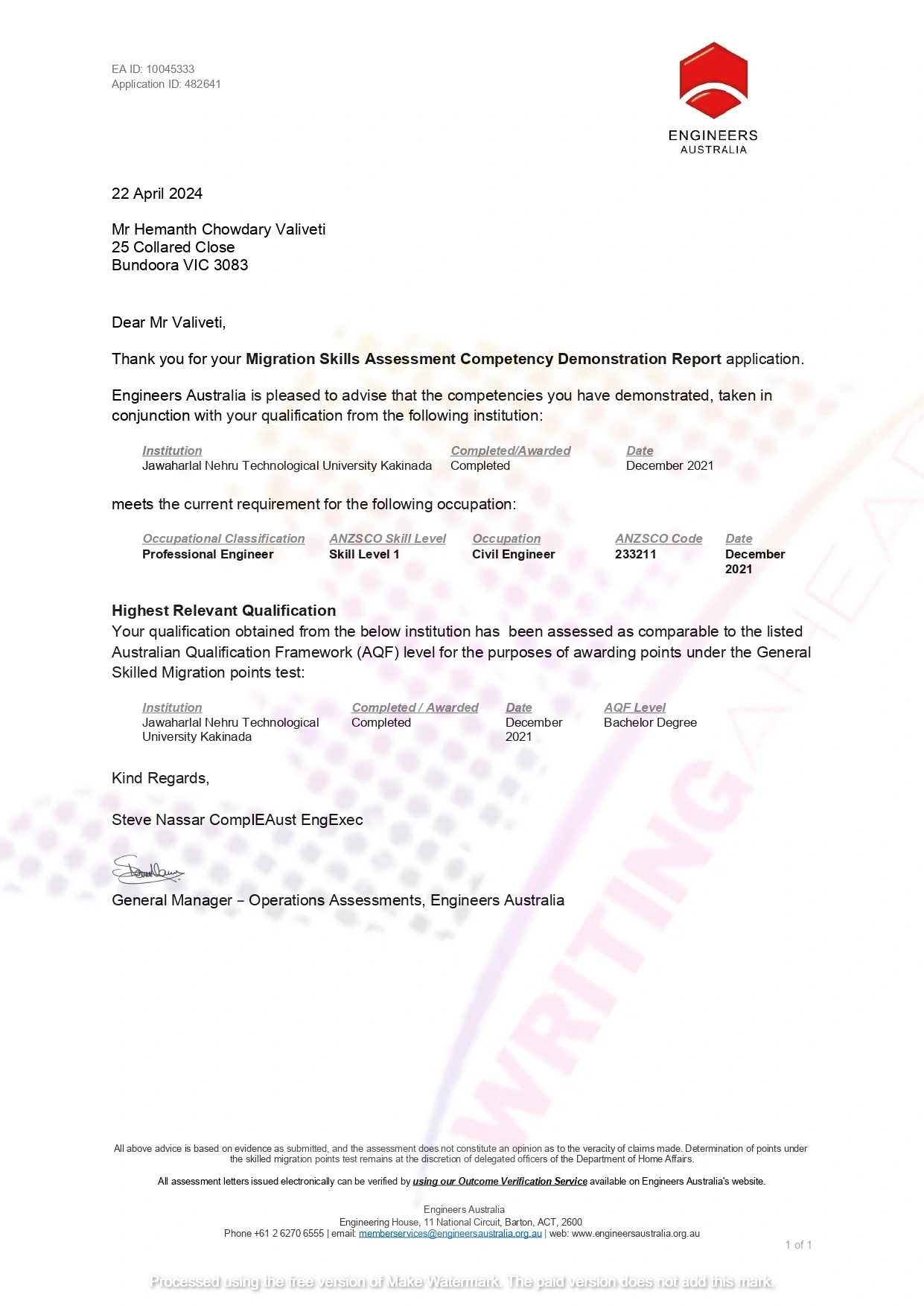RICS Assessment Help – Your Complete Guide to Becoming MRICS


🏅 4.9/5 Rating
Certified Experts
💯 Privacy
Premium Quality


🏅 4.9/5 Rating
Certified Experts
💯 Privacy
Premium Quality
RICS became established in 1868 and has since played a vital role in establishing and upholding highest practice guidelines and competencies throughout the built and natural environments around the globe. RICS displays a crucial function in regulating and enhancing the high build and handling of land, actual estate, construction and infrastructure.
RICS is a worldwide professional organization that sets and enforces the highest requirements in the fields of land, property, build and infrastructure. Joining RICS signifies a top degree of professionalism and moral accountability that opens up more possibilities for surveyors to develop their careers.
Professionals inside the land, belongings and creation industries must undergo the RICS Assessment of Professional Competence to obtain chartered reputation as members of the Royal Institution of Chartered Surveyors . Anyone seeking to become a chartered surveyor via RICS must complete the APC process.
RICS Assessment of Professional Competence offers a range of benefits to people looking to build a career in surveying and real estate. Successfully completing the APC process leads to expert and personal advantages for APC students. Some important benefits include the following:
Our professional RICS assessment specialists at WritingAhead are dedicated to ensuring that your application is memorable and that you have a higher success. It is here that our professional attitude will count it all.
| Expert Mapping of Your Competencies | Professional services help you to align your work experience with RICS competency requirements exactly, presenting real-world examples of how you deal with challenges in the industry. |
|---|---|
| Well-Written Case Studies and Summary Reports | Professionals prepare unique, in-depth case studies showing how to make technical and ethical decisions, which complied with the current RICS standards. |
| Ethical & Professional Standards | Professionals can assist you in the process of expressing your knowledge of morality, governance, and sustainability, which are essential pillars of the RICS competency model. |
| Interview Preparation | To enhance your confidence and make sure that you will be able to convey your competencies in the final assessment, professional assistance, including mock interviews and professional tips, will be offered. |
Suitable for professionals who've applicable work enjoy and vocational qualifications however do not hold a degree. It requires applicants to illustrate competency in center standards and ethics.
This is the entire chartered status and calls for completing an accredited diploma application and the RICS Assessment of Professional Competence (APC). Members (MRICS) are identified as having a chartered qualification, demonstrating expert competency in their unique field of practice.
Fellowship is an accolade that acknowledges contributors who've made a widespread contribution to their career or the organization. FRICS contributors are regularly leaders in their fields and feature executed extremely good success or innovation.
Picking the right RICS form is important because it helps you adhere to industry practises and complete your tasks in accordance with the desired standards. RICS provides forms tailored to various functions across these professional specialisations. We’ll go over the main types of RICS forms and explain how to select the right one for your requirements:
| Purpose:. | Best For: | When to Use: | |
|---|---|---|---|
| RICS Condition Report | An initial report that summarises the general state of a property. It summarises the main points and omits more specific information. | People who want to know the basic state of the property without detailed explanations. | Best for the home is new, showing little amount of wear. |
| RICS HomeBuyer Report | A more detailed report that includes a condition assessment, a market valuation, and advice on repairs and ongoing maintenance. | Individuals looking for a mid-level report that provides information on a home’s market value and possible problems. | Idyllic where your home seems to be well, and you need to be informed of any potential issues worth knowing before putting it on the market. |
| RICS Building Survey | This is an in-depth review of the structural integrity, condition and any recommended repairs to be carried out to the property. | This report is usually requested by people making purchases, living in or intending to make any substantial changes to an old or exceptionally complex property. | This is most likely applied to the old existing buildings that have been modified, or a situation where you may be apprehensive of the issues that may come up with the building erecting. |
| RICS Valuation Report | A report focused solely on determining the market value of a property. It does not include a detailed condition assessment. | Mortgage lenders, buyers, or sellers needing an accurate property valuation for transaction purposes. | Perfect when valuation is the main requirement whether to finance, sell, or buy. |
| RICS Lease Agreement Forms | Standardized leasing contracts of both commercial and residential properties, making sure that it is legally and industrially standardized. | The landlords and tenants that require a standardized arrangement as a contract to cover property rental. | Apply in the case of formulating a new or renewing a lease so that every legal detail is considered and secured by both sides. |
| RICS Party Wall Agreement | A document adopted to establish the legal rights and duties of neighbours when working on construction work on the shared boundaries or walls. | Occupants who intend to undertake some work, which can potentially impact a common wall, like an extension or structural repairs etc. | Necessary prior to commencing any work which causes effect or damage to a party wall or a dividing line between properties. |
| Report on Dilapidations RICS | Description of the state of a property when it comes to the end of a lease, revealing any work that requires to be undertaken to fulfill a lease agreement in terms of repair and restoration. | The landlords or the tenants at the expiration of a lease period especially of the commercial premises. | Use where a lease is about to expire, in the circumstances where one wants the property to be made up to the specified condition, or where wants to negotiate the terms of dilapidation settlements. |
| RICS Schedule of Condition | An accurate documentation of the state of a property at a particular time and point which is usually employed to protect both landlords and tenants. | Entrants to a lease or property squabbles. | Fill in this form at the start of a lease or before large scale work commences, so that the condition of the property at the beginning of the lease can be recorded, avoiding any misrepresentation of the condition of the property in the future. |
RICS Assessment of Professional Competence is a central process of getting chartered fame to the specialists who want to enter the Royal Institution of Chartered Surveyors. The process is strict and specific where the applicants are asked to demonstrate their skills in meeting a vast number of professional requirements. Considering the complexity and the importance of the APC, sometimes there is an error which could be made by the applicant. These are some of the ordinary errors carried out during the RICS APC process:
| Mistake: | Impact: | |
|---|---|---|
| Undervaluing the value of Company-Organized Training | Failure to promise the entire Traditional Education made necessary in the process of the APC system. | Failing to advantage the intensity of enjoy needed to meet the abilties expected by way of the RICS. |
| Poor Documentation | Inadequately documenting studies and learning consequences inside the logbook or not aligning the documentation with the competencies. | Assessors are unable to absolutely apprehend or degree the candidate’s skills against the APC necessities. |
| Lack of Specific Examples | Providing vague or generalized descriptions of labor enjoy as opposed to unique, special examples. | This makes it hard for assessors to gauge the candidate’s direct involvement and effectiveness in real-global situations. |
| Neglecting the Ethics and Professionalism Component | Candidates regularly awareness much less on the ethics and professionalism segment of the APC. | Failing the ethics take a look at or being not able to demonstrate a radical expertise of expert standards all through the interview. |
| Inadequate Preparation for the Final Assessment | Insufficient practise for the very last interview, such as now not training ability questions or underestimating the format and rigor of the interview. | Poor overall performance in the course of the interview can lead to a failure to illustrate competencies efficiently. |
| Failure to Address Feedback | Not taking previous remarks into consideration or failing to address gaps recognized in period in-between exams. | Continuous gaps in competency areas can lead to eventual failure in attaining the charter. |
| Misperception of Requirements of Competency | Being misled by the magnitude of skill competency that was to be available in each of the middle skills. | This may cause underpinning or over emphasis on certain things, which are likely to distort the readiness of the candidate. |
| Overlooking CPD Requirements | Failure to complete and adequately file Continuing Professional Development (CPD). | The candidates can also be unsuccessful with regard to the RICS criteria of professional development and continuous education. |
| Failing to get involved with Mentors | Sometimes, candidates fail to interact well enough with their supervisors or mentors during the APC technique. | The opportunity to a steerage, advice and essential feedback that would help them during their submission and interview had been missed. |
| Plagiarism | Submitting work that isn't always absolutely their very own inside the written submission. | RICS makes use of plagiarism detection gear, and any detected plagiarism can bring about immediately disqualification and severe penalties. |
The RICS APC is a rigorous method that evaluates candidates' technical, expert, and moral competencies for chartered popularity (MRICS/FRICS). Nonetheless, a large number of applicants are already turned down due to some of the mistakes that are not uncommon in their application and interview.
The following are the top 5 reasons why RICS assessment will be rejected and practical solution on what you can do to enhance your likelihood of meeting it.
Applicants often become unable to prove their potentials. Engineers and surveyors may list responsibilities however no longer provide an explanation for how they implemented their capabilities in actual-global scenarios.
The Case Study (3,000 phrases max) is a critical a part of the submission, where candidates have to talk a actual task they worked on. Common errors encompass:
Even a robust written submission can fail in case you battle within the APC interview. The usual interview mistakes include:
The candidates should be expected to appreciate an enrolment of not less than forty eight hours CPD by the end of the timeline on a yearly basis portraying their commitment to the profession learning. The typical errors are:
RICS puts great importance on professional integrity and ethics. Candidates often fail because:
Be Ready, Be Tactical and Demonstrate that you have the experience and skills behind you and you will pass the RICS Assessment of Professional Competence (APC). Some essential tips and pointers in delivering the best performance during the RICS Assessment are given below:
RICS APC Success means that you have to have a well-developed, well-organized, and competitive submission well-founded on your professionalism and ethics. These writing tips and guidelines will help you give a good case about your qualification and be more chances to get the Chartered status with RICS.
Yes, the membership with RICS can make you more credible, make you earn a higher salary and become able to find a job in any part of the world. The non-member earnings are up to 20% lower than MRICS earnings.
The process of becoming an RICS APC (Assessment of Professional Competence) typically on average undertakes a window of 12-24 months but going through Centre of Excellence can make it even faster and easier.
Depending on the relevant working experience you may have gained so far, you may be able to do it in a shorter duration. However, when you are still experiencing, it might take a little more time.In this period, you will practice your skills, maintain a logbook, compose a case study, and get ready in the final interview.
Making a career decision of becoming a RICS in the building industry can be a wise choice. RICS is the respected one globally. Its membership indicates to the employer that one is on high professional standards. It will also assist you to receive better job opportunities, salary increases, and even to venture abroad.
It also provides you with a powerful professional network with constant guidance to develop in your career. RICS can give you a real advantage, especially when you are serious about the idea of having a long term future in construction.
Indeed, it is possible to challenge the ruling of your APC assessment. In case you think that something was not processed fairly or that some error in the procedure is present, RICS leaves open the possibility to ask to review it. Then you will have to go through their appeal procedure and provide a definite basis of your appeal not that you did not pass, but more on how the assessment procedure was conducted. I can assist you in the process of doing it in case you do not know where to begin.
Throughout the APC candidates are assisted by a supervisor and a counsellor. RICS also offers resources in form of APC guides, competency frameworks and training workshops. Professional mentors as well as peer networks can be helpful as well.
In case you require even more tailored assistance, the platform such as WritingAhead can assist you with case study writing, competency reviews, and get your preparation ready on an interview.
The professional assistance provided by such services as WritingAhead can help perform a significant change in your RICS evaluation. It is entirely confusing and stressful going all the way of making your case study, then going to attend the interview. Specialist advice provides you with clear advice and prevents a lot of errors and helps to gain confidence.
You know, it feels like there is a coach on your side and everything is done well and with the help of a deadline. Getting professional assistance is a prudent idea in case you do not want to waste time and be more prepared.
Well that depends on your status as a RICS member; then you have to conduct a CPD (Continuing Professional Development) annually.
RICS also stipulates that RICS members must do at least 20 hours of CPD annually to ensure your skills are up to date. This may entail such things as courses, webinars, reading, or even learning at the job. The question is whether you can keep up with the times in your profession and develop further.
No the fact is that RICS membership is not only useful in UK but also across the globe. RICS is an international institution and it is recognised and highly regarded by most employers in Australia, Middle East, Asia and Europe. Therefore you can really use RICS to boost your career, if you are going into international work or companies that have international clients.
